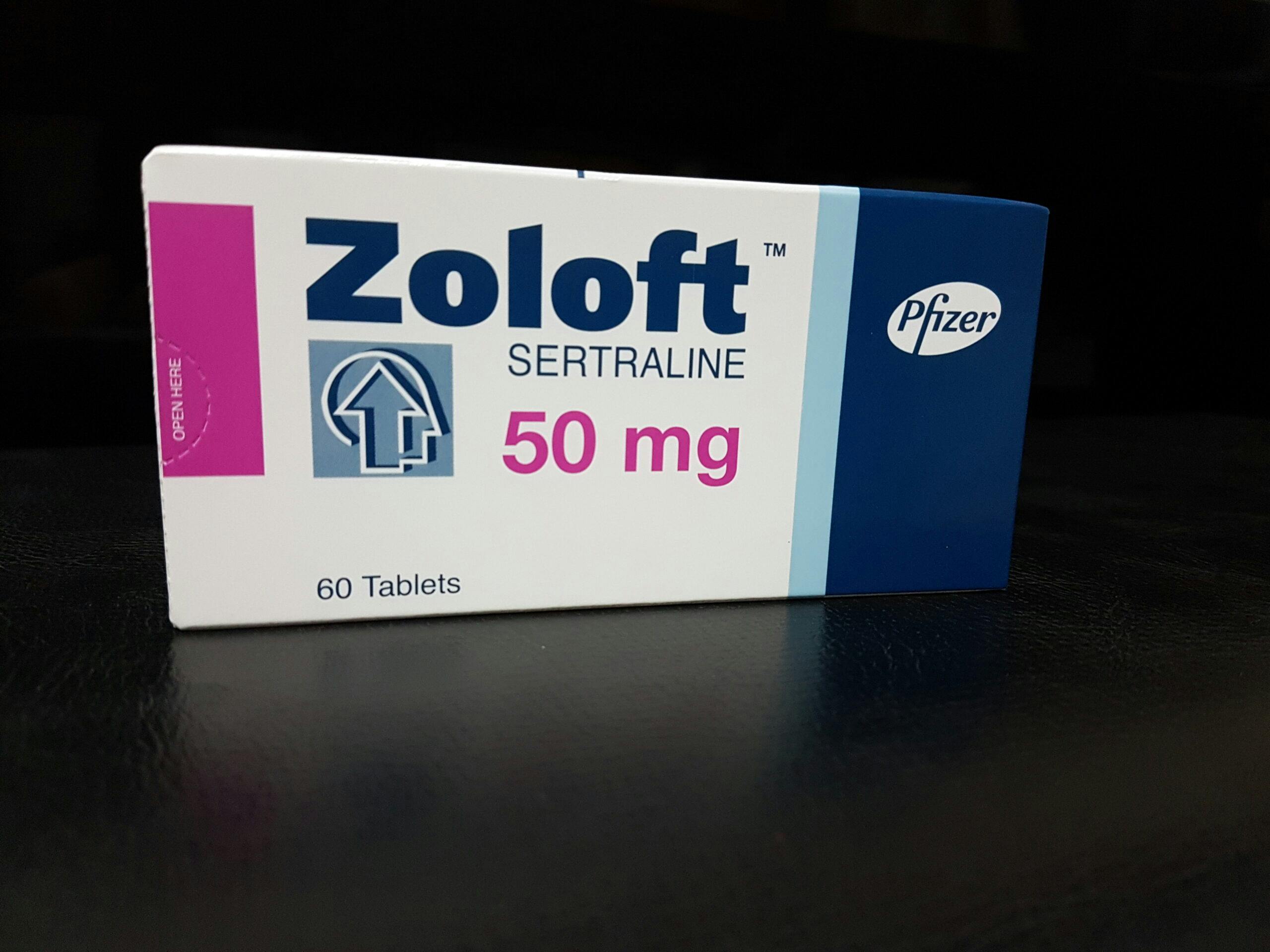Quitting Zoloft: Dependence and Withdrawal
Zoloft is a brand name for a medication known as sertraline. Sertraline is an antidepressant approved for treating various conditions, including post-traumatic stress disorder (PTSD) and obsessive-compulsive disorder (OCD). Because Zoloft rarely leads to a “high” feeling, even in large doses, it’s not considered to have a significant addiction risk. However, Zoloft can be psychologically addictive for certain individuals, and physical dependence is common in most cases.
If you’re planning to discontinue Zoloft, it’s important to understand all potential side effects, especially if you suffer from a mental health condition.
Recovering from addiction isn’t something you have to do alone. Zinnia Health can help. Contact us today at (855) 430-9439 for more information.

Is It Dangerous to Suddenly Quit Zoloft?
If your doctor has prescribed Zoloft for you and/or if you’ve been taking it for any length of time, it’s important that you don’t simply stop using it. With this type of medication, withdrawal symptoms have been well-studied, especially in individuals suffering from mental illness.
Regardless of why you started taking Zoloft in the first place, discontinuation symptoms can contribute to the following:
- Anxiety disorder
- Obsessive-compulsive disorder (OCD)
- Post-traumatic stress disorder (PTSD)
- Premenstrual dysphoric disorder (PMDD)
- Other conditions that Zoloft is often prescribed to treat
If you’ve been diagnosed with one of these conditions or think you may have one, simply quitting Zoloft could lead to severe negative side effects on your mental health.
Working with a healthcare professional is better than quitting Zoloft suddenly. They can create a tapering schedule to help manage your serotonin levels. This means your body will be able to gradually adjust to a lower and lower Zoloft dose before you eventually take none at all.
Zoloft Withdrawal Symptoms
Common symptoms of Zoloft withdrawal include:
- Irritability
- Nausea or vomiting
- Dizziness
- Headache
- Nightmares
- Prickling or tingling sensations on the skin
If you’re suffering from a mental health condition, you may experience additional symptoms when stopping antidepressant medication like Zoloft.
For instance, someone with anxiety may experience increased anxiety due to the differences in serotonin levels as their body adapts to no longer having a selective serotonin reuptake inhibitor (SSRI) like Zoloft in their system.
Will My Healthcare Provider Help Me Quit Zoloft?
Quitting Zoloft is not something you have to do alone. Even if you’ve been using Zoloft off-label, for example by taking it without a prescription or in larger doses than prescribed, healthcare professionals can help you quit the drug safely.
By gradually decreasing your dose, they can help minimize withdrawal symptoms. Plus, they can address any co-occurring disorders or concerns, such as generalized anxiety disorder.
In addition to helping you monitor and manage the symptoms of antidepressant withdrawal, a team of professionals can offer other support services and care to help you through the recovery process.
For instance, you may have the option of participating in psychotherapy. Professional medical advice also includes a systematic review of your health history, which will allow your healthcare team to take a more holistic approach to your health.
Are you suffering from addiction? Get help from the caring team at Zinnia Health. Take the first step by calling our helpline at (855) 430-9439.
What Is a Zoloft Detox Program?
If you’re taking Zoloft, and especially if you’ve been mixing it with other substances such as alcohol, you may be suffering from a substance use disorder. A substance use disorder requires special care that goes beyond clinicians tapering you off your prescription. If you feel you may have a SUD, a detox program can help.
A detox program begins with the withdrawal process, but it involves far more than tapering. When you enroll in a detox program, a team of professionals will check for symptoms of depression and other conditions and ask you about your history of substance use.
Once you go through the admissions process, they will devise a custom plan to support you in recovering from your SUD and meeting your long-term goals. The key is choosing the right facility.
Is Zoloft Habit-Forming?
Certain medications, like most over-the-counter (OTC) drugs, don’t affect the body in such a way that the average person would usually become addicted to them. Zoloft is one drug with an extremely low chance of addiction, also known as psychological dependence. However, it still happens.
People taking Zoloft for a mental illness can become psychologically dependent on the drug because it changes their mood, thoughts, or behavior. Moreover, anyone who takes Zoloft consistently over long periods will develop physical dependence on the drug.
You may not notice that physical dependence is forming, but it’s marked by changes in your brain chemistry. To put it simply, as you routinely dose your body with Zoloft over the course of weeks or months, the body adapts to how this medication promotes serotonin production, and it can become reliant on it.
Physical dependence on Zoloft doesn’t mean you can never return to normal, but care needs to be taken to ensure your body’s natural processes are disrupted as little as possible as Zoloft is gradually discontinued.
Get Help to Quit Zoloft Today
If you or a loved one is suffering from a substance use disorder involving Zoloft or any other drug, it’s critical that you don’t delay getting help. At Zinnia Health, we have experience supporting individuals with a customized, holistic recovery pathway. Your treatment may include supplements, psychiatry services, group counseling, talk therapy, and every detail down to a healthy diet.
By focusing on your whole body wellness, our team at Zinnia Health will help ensure your lasting recovery as you seek to create a more fulfilling and enjoyable life.
Are you ready to take the next step in recovery? Contact our caring team here at Zinnia Health by calling (855) 430-9439.
Related Articles
- Zoloft Use Disorder Treatment
- Zoloft Detox: How to Detox Safely
- Zoloft Overdose: What You Need to Know

